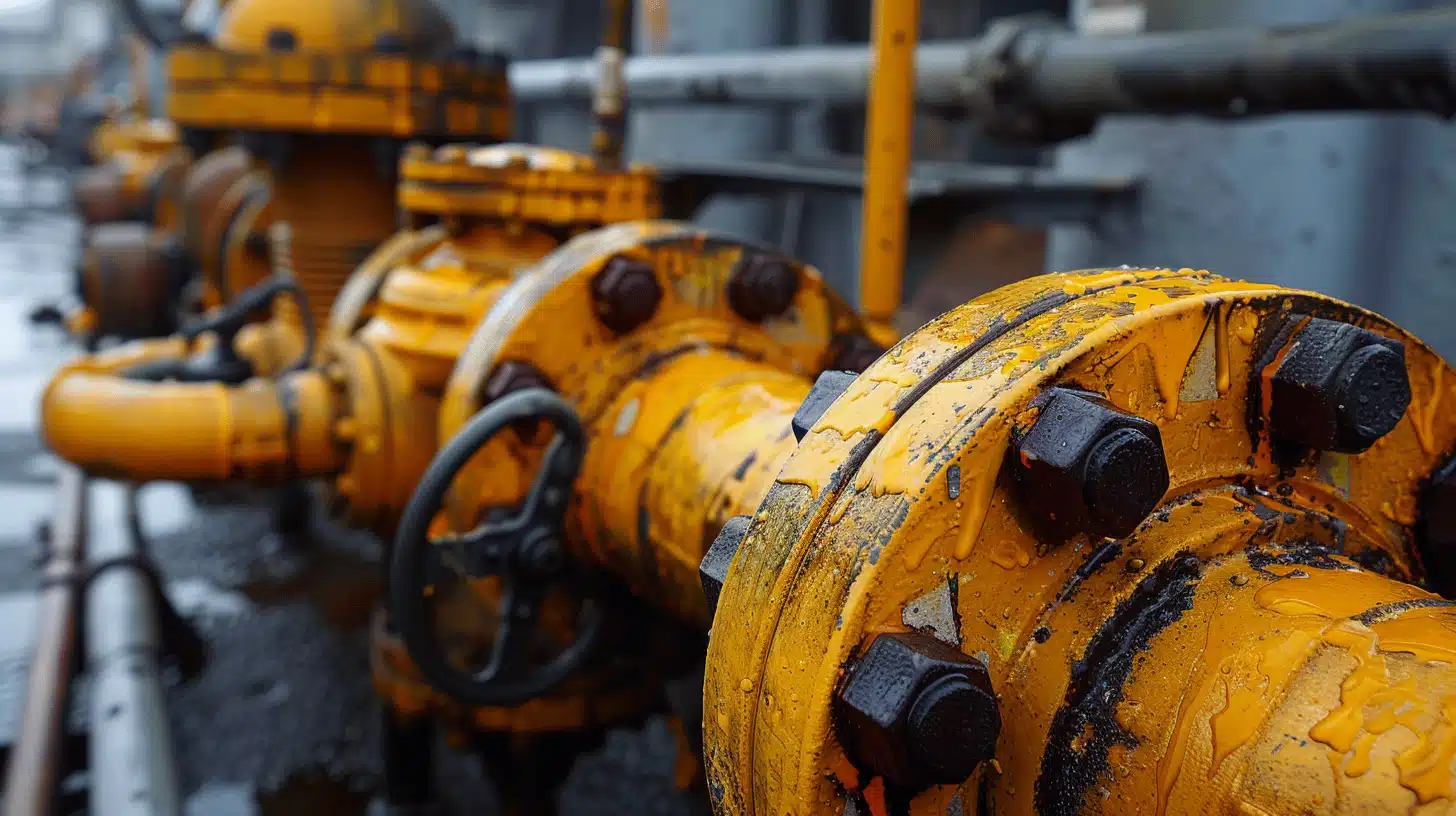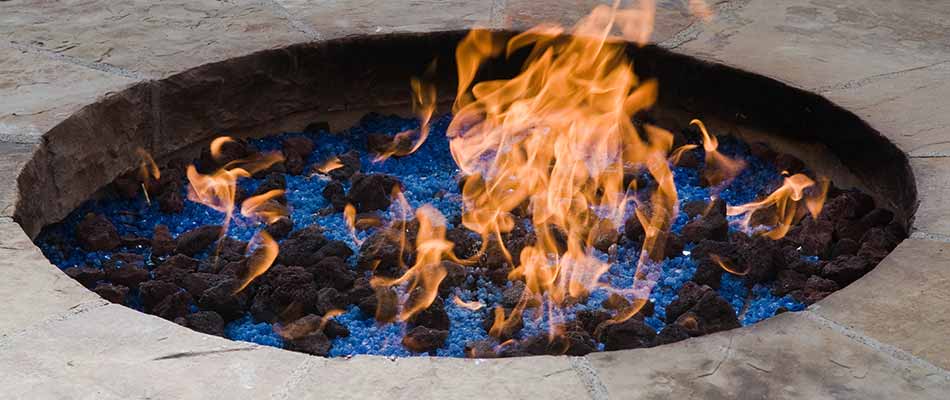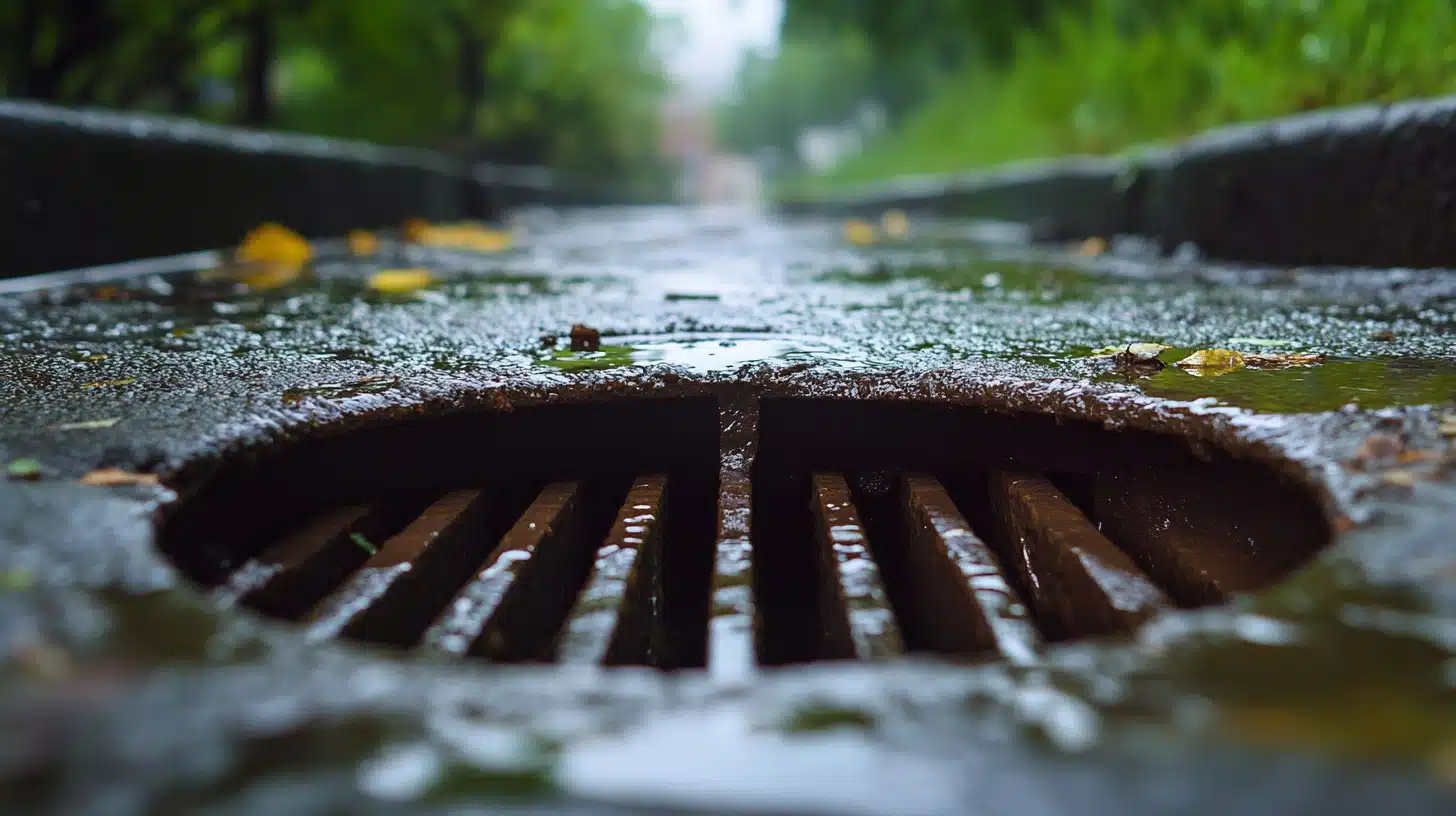5 Warning Signs of a Gas Leak
If there’s one major concern for most homeowners, it’s the prospect of a gas leak on their property. Left undetected and unaddressed for too long, gas leaks can pose significant health risks and cause extensive property damage.
Understanding the warning signs of a gas leak can help you protect your home and loved ones. Knowing these 5 common warning signs can empower you to take swift action, so you can stay safe and maintain your peace of mind. Whether you’re a new homeowner or just looking to refresh your knowledge, these tips are essential for maintaining a safe living environment.
1. Physical Symptoms
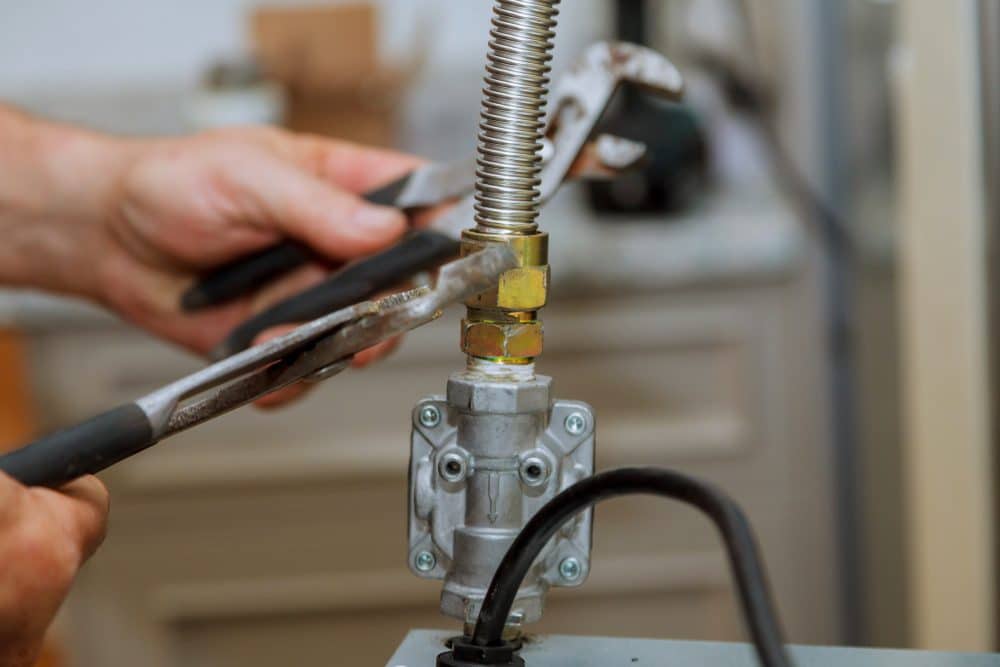
Physical symptoms that suddenly and unexpectedly hit a member of the household can also indicate a gas leak in your home. Exposure to natural gas can affect your health, and being aware of these symptoms can help you act quickly:
- Headaches: Constant yet unexplained headaches, particularly at home, can be a sign of a gas leak.
- Dizziness: Feeling lightheaded with no obvious cause is another potential symptom.
- Nausea: Exposure to gas can bring about sudden feelings of nausea or vomiting.
- Fatigue: Unusual tiredness or fatigue, even after a good night’s sleep, might indicate a problem.
- Breathing difficulties: Shortness of breath or difficulty breathing can occur due to gas inhalation.
If you or your family members experience these symptoms, it’s important to get to the bottom of it ASAP. Evacuate your home, seek fresh air, and get in touch with your gas retailer to check for a possible leak. Additionally, being acutely aware of these physical signs and following essential gas safety tips can help you maintain a safe living environment.
2. Unusual Smells
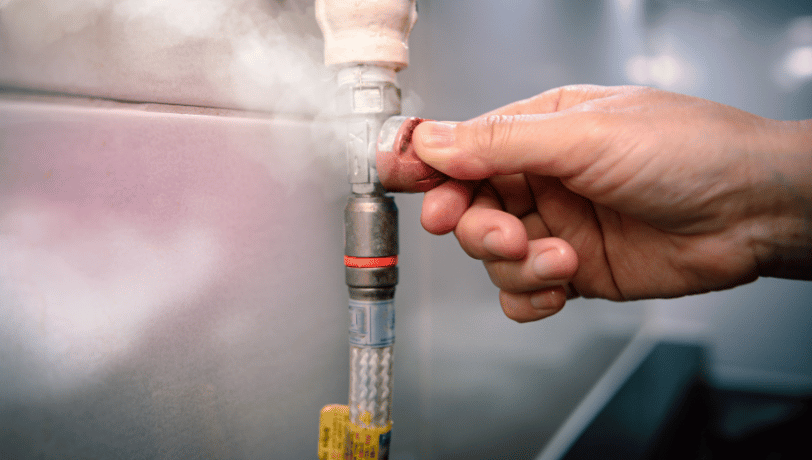
One of the most noticeable telltale signs of a gas leak is its unique smell.
In its original state, natural gas is odourless. However, to make it easily identifiable in the event of a gas leak, suppliers add a chemical called mercaptan to give it a distinct rotten egg or sulphuric smell.
Should you ever detect this odour in or around your home, take action immediately. Open windows to ventilate the area and avoid using electrical appliances or open flames. Evacuating your home will minimise the risk of any health related issues. Contact your gas supplier or emergency services right away. Being aware of this telltale sign can help you detect gas leaks early and protect the wellbeing of your household.
3. Hissing or Whistling Sounds
Another clear sign of a gas leak is the presence of hissing or whistling sounds near your gas lines or appliances. These noises can suggest a notable gas leak, as gas escaping from a pipe or appliance creates a distinctive sound. Keep an ear out for these sounds, particularly around your stove, hot water system, or gas fireplace.
As is the case with noticing a gas leak by its smell, if you hear a hissing noise, it’s essential to act quickly. The same “dos and don’ts” apply; avoid using any electrical devices or open flames, as even a small spark can ignite the gas. Evacuate your home immediately and contact your gas supplier or emergency services.
Maintaining awareness of these sounds can help you identify a gas leak early, enabling you to protect your home and family from potential danger.
4. Dead or Discoloured Vegetation
Dead or discoloured vegetation around your home can indicate a gas leak on your property.
Natural gas can stop plants from absorbing oxygen, ultimately causing them to shrivel up and die. Dead patches of lawn, withering plants, or dying trees around your gas line or meter, can all strongly suggest a possible gas leak. Inspect your yard regularly, and pay attention to any unusual changes in your landscaping. If you spot any suspicious signs, take them seriously.
Get in touch with your gas supplier if you suspect a leak and need urgent confirmation. Being proactive about monitoring your garden can help you detect gas leaks early, keeping your home and family safe from potential hazards.
5. Unexplained Gas Bill Rises
Unexpected gas bill increases that you cannot explain can certainly suggest a possible gas leak. If you notice a sudden spike in your quarterly gas costs and your usage habits have not changed in any major way, it’s definitely worth further investigation.
Leaking gas can force your heating system or other appliances to work harder, meaning it uses more gas and drives up your bills. Keep an eye on your gas metre and compare your current usage with previous months. If the numbers don’t add up, it’s time to take action. Contact your gas supplier for an inspection. Regularly monitoring your bills can help you catch leaks early, saving you money and keeping your home safe.
Staying vigilant about your gas consumption is an easy way to detect potential issues before they become serious.
Essential Safety Measures and Precautions
Taking proactive safety measures and precautions is essential to prevent gas leaks in your home.
Make sure you use a licensed gas fitter or gas plumber for any appliance installation, maintenance or repairs. Install carbon monoxide detectors in key areas of your home to alert you to any dangerous gas levels. Check your gas lines regularly for any indicators of wear and tear, and clear away any debris from the areas around them. Educate your family members about the warning signs of a gas leak and what to do if they suspect one.
Taking these preventative steps and maintaining a keen awareness means you can significantly reduce the risk of gas leaks in and around your home.
What to Do If You Suspect a Gas Leak
If you suspect a gas leak in your home, it’s crucial to act immediately to ensure your safety.
- Avoid using any electrical devices, open flames, or switches. These can ignite the gas.
- If safe to do so, open all windows and doors to ventilate the area and reduce gas concentration.
- Get everyone out of the house and move to a safe distance.
- Once everyone is safe, call your gas supplier or emergency services for assistance.
- Don’t re-enter your home until professionals have declared it safe.
- Know where your gas metre is located and know how to shut it off should you need to.
Quick and decisive action can prevent accidents and ensure your home remains a safe place for you and your family.
Stay Safe and Aware
Understanding the warning signs of a gas leak and knowing how to respond can make all the difference in keeping your home safe. From unusual smells and hissing sounds to dead vegetation and unexplained health symptoms, being vigilant can help you catch leaks early. Regularly monitor your gas bills for unexpected increases and maintain your appliances to prevent leaks.
Remember, your safety and the safety of your loved ones is your priority. By staying informed and proactive, you can ensure your home remains a secure haven, free from the dangers of gas leaks. Stay safe, stay aware, and protect what matters most.

